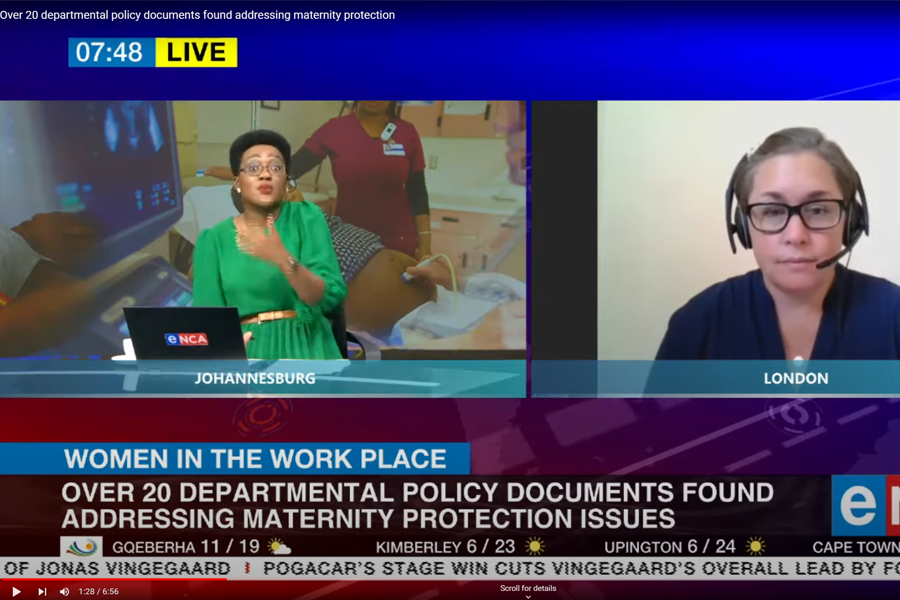
Fragmented maternity protection in South Africa – PhD research coverage in the media
27 July 2022
Jakes Gerwel Award 2022: Thembisile Zungu
31 October 2022Qualitative Evidence Synthesis protocol development
This short course is targeted at a wide range of audiences, e.g. postgraduate students, researchers, health professionals and managers, and other decision-makers
Start: 05 October 2022
End: 07 November 2022
Sessions will be weekly on Wednesday, between 15h00 and 17h00 SAST
Registration closes on the 23rd of September
Payment should be made by the 3rd of October
Short course schedule
|

